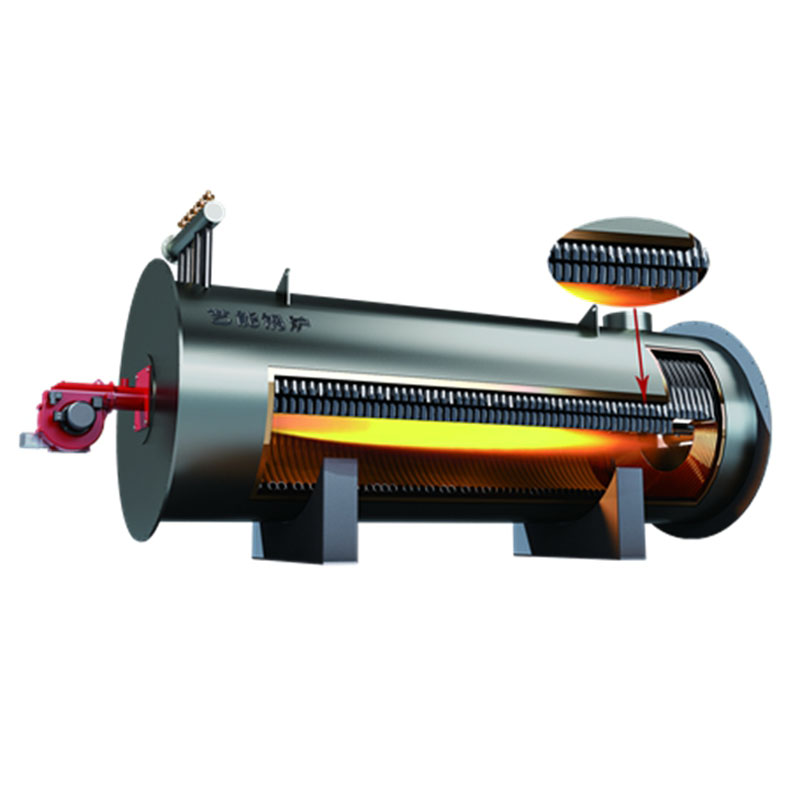industrial boiler furnace
Understanding Industrial Boiler Furnaces Efficiency, Design, and Environmental Impact
Industrial boiler furnaces play a critical role in various manufacturing processes, providing the necessary heat for steam generation and other thermal applications. As the backbone of several industries, including power generation, food processing, and chemical production, the design and efficiency of these systems are paramount to operational success. This article delves into the key aspects of industrial boiler furnaces, emphasizing their efficiency, design considerations, and environmental impacts.
Efficiency of Industrial Boiler Furnaces
Efficiency in industrial boiler furnaces is vital, as it directly affects the overall energy consumption and operational costs of a facility. Modern boilers strive for high thermal efficiency, typically achieved through advanced combustion technologies and heat recovery systems. Efficiency ratings for industrial boilers can often surpass 90%, meaning that a significant majority of the energy input is converted into useful heat.
Enhanced efficiency is achieved through various means, including improved burner designs that promote better fuel-air mixing and advanced control systems that adjust combustion parameters in real-time. Furthermore, many industrial facilities now incorporate waste heat recovery systems, which reuse exhaust gases to preheat incoming water or air, significantly increasing overall efficiency.
Design Considerations
The design of industrial boiler furnaces is influenced by several factors, including the type of fuel used, the specific heat requirements of the application, and the desired output parameters
. Three primary types of boiler designs are commonly utilized fire-tube, water-tube, and electric boilers.1. Fire-tube Boilers These consist of a large drum filled with water, in which combustion gases flow through tubes. Fire-tube boilers are generally easier to operate and are suited for lower pressure applications.
industrial boiler furnace

2. Water-tube Boilers In contrast, water-tube boilers have water circulating through tubes exposed to combustion gases. This design allows for higher pressure and temperature ratings, making them ideal for large-scale industrial applications.
3. Electric Boilers These utilize electrical energy to heat water, offering a clean alternative in regions with sustainable energy sources. Although they are typically less common in heavy industrial settings, their use is growing, particularly in applications where emissions reduction is prioritized.
When designing an industrial boiler furnace, engineers must also consider material selection, combustion efficiency, maintenance accessibility, and safety features. Proper insulation and refractory materials are crucial to minimize heat loss and withstand high temperatures, ensuring the longevity of the equipment.
Environmental Impact and Regulations
As regulatory pressures increase and environmental standards become more stringent, industrial boiler furnaces must also address their carbon footprint and emissions. The burning of fossil fuels in boilers can lead to harmful emissions, including nitrogen oxides (NOx), sulfur oxides (SOx), and particulate matter, all of which contribute to air pollution and health hazards.
To mitigate these impacts, many industrial facilities are adopting cleaner technologies such as biogas, biomass, or other renewable fuels. Additionally, the installation of emission control devices like scrubbers, electrostatic precipitators, and selective catalytic reduction (SCR) systems can drastically reduce harmful emissions, aligning with international environmental standards and regulations.
Conclusion
Industrial boiler furnaces are vital components in many sectors, responsible for providing the thermal energy needed for a variety of processes. Emphasizing efficiency in design and operation, alongside a commitment to minimizing environmental impact, is crucial for modern industrial facilities. As technology advances and industries increasingly adopt sustainable practices, the future of industrial boiler furnaces appears oriented toward efficiency and environmental responsibility, ensuring they remain integral to industrial operations while contributing positively to global sustainability goals.
-
Industrial Steam Boiler Corporation - Reliable Industrial Boiler Manufacturer & SupplierNewsJul.08,2025
-
High-Efficiency Steam Boiler Heat Exchanger Supplier & Factory Durable Products for IndustryNewsJul.08,2025
-
Premium Electric Steam Boiler Manufacturer Reliable Company & Factory SolutionsNewsJul.08,2025
-
Commercial Hot Water Boiler - Reliable Supplier & Factory Direct Price for Efficient Heating SolutionsNewsJul.07,2025
-
Top Hot Oil Boiler Manufacturer - Reliable Thermal Oil & Coal Fired Boiler Manufacturer ManufacturerNewsJul.07,2025
-
High-Efficiency Hotel Hot Water Boiler – Leading Exporters & Quotes for HotelsNewsJul.07,2025

